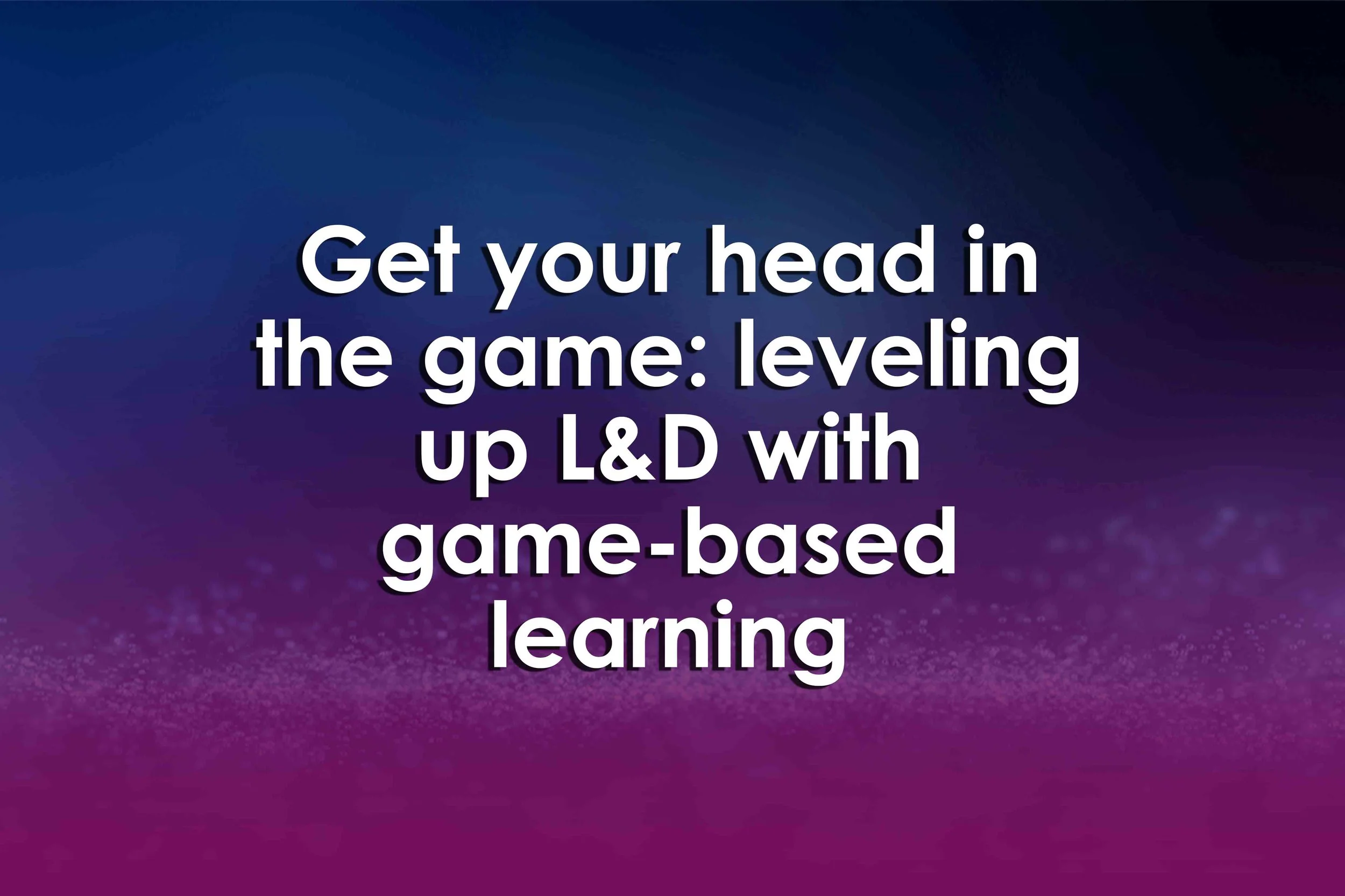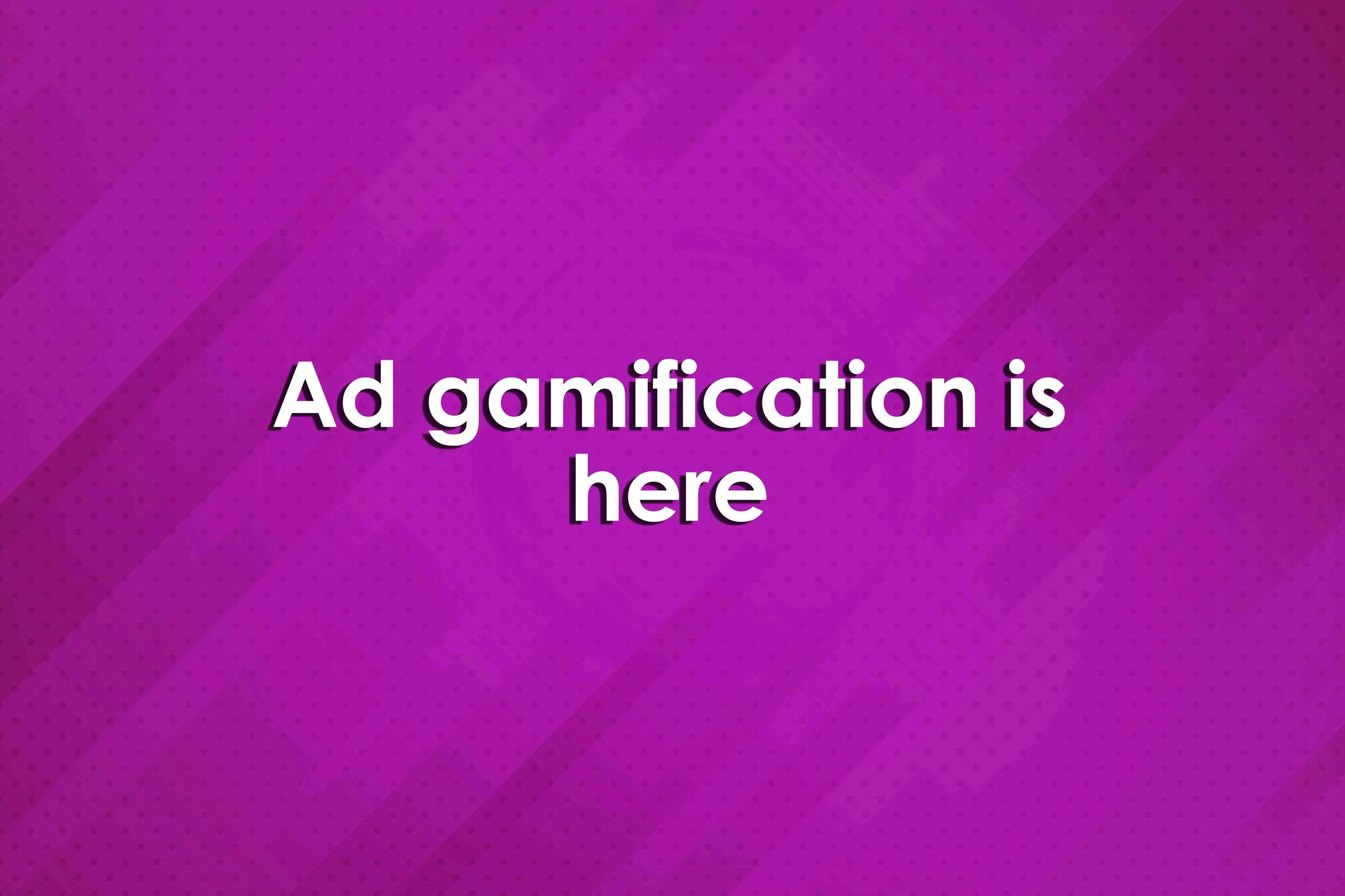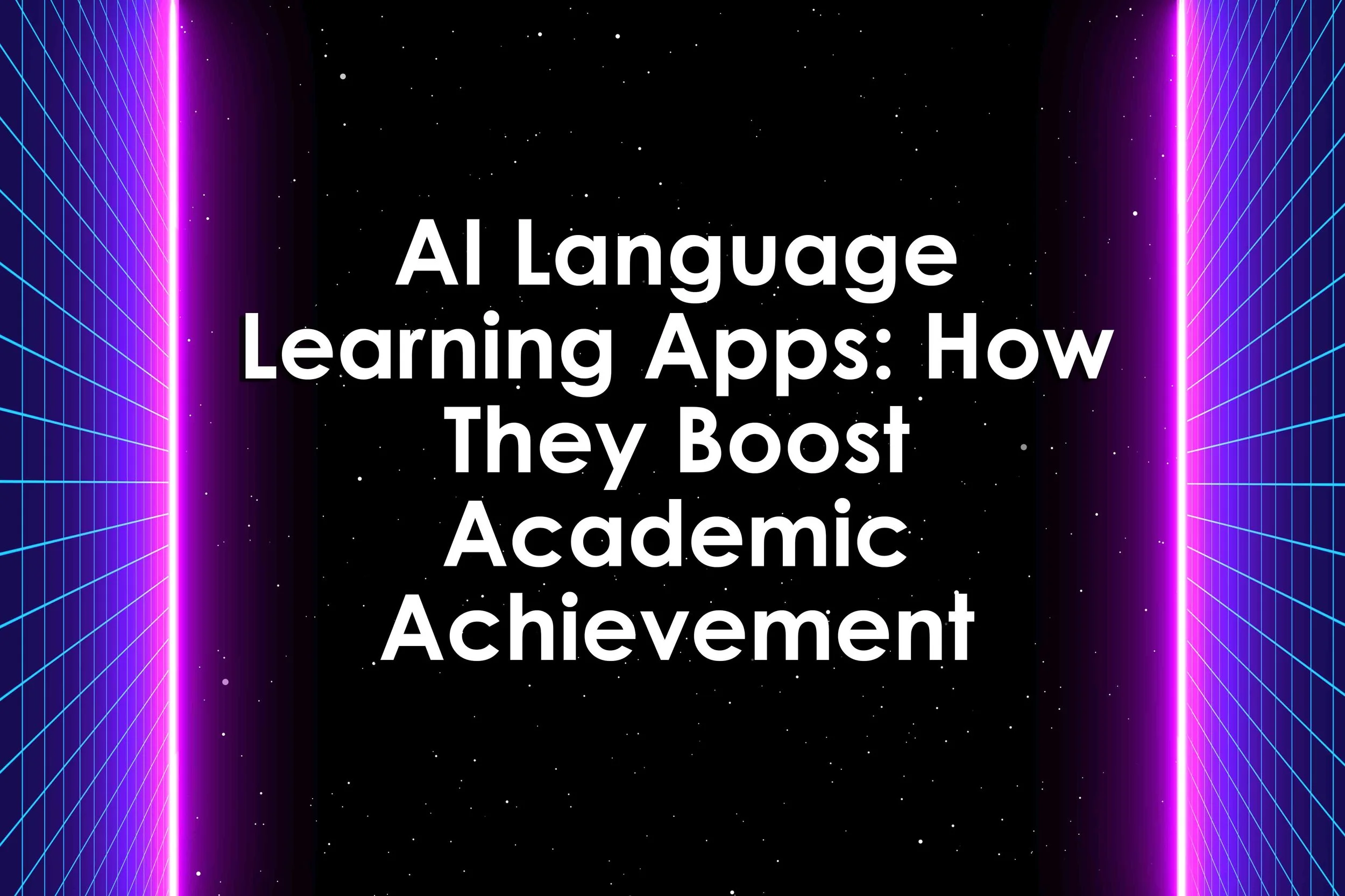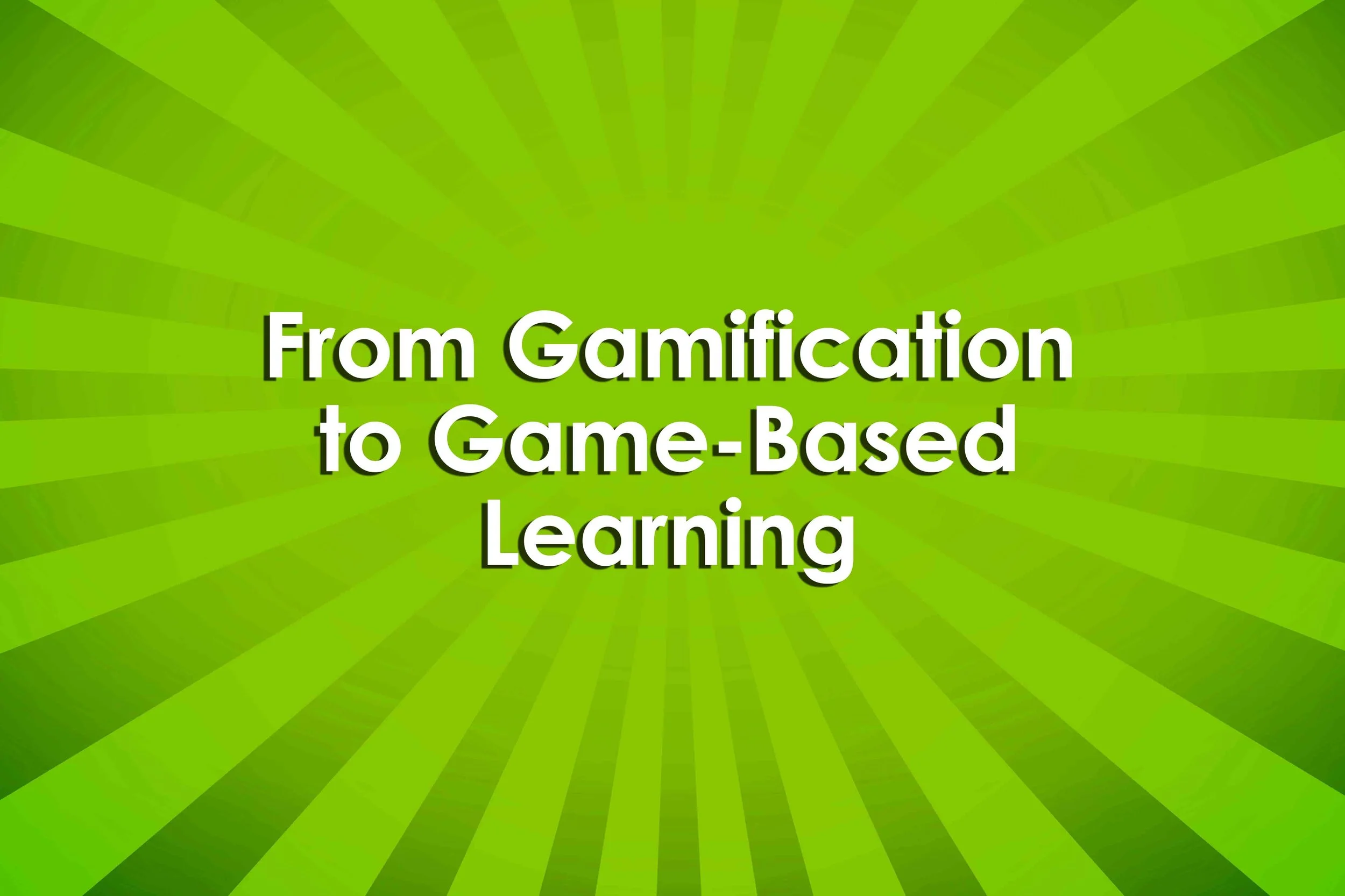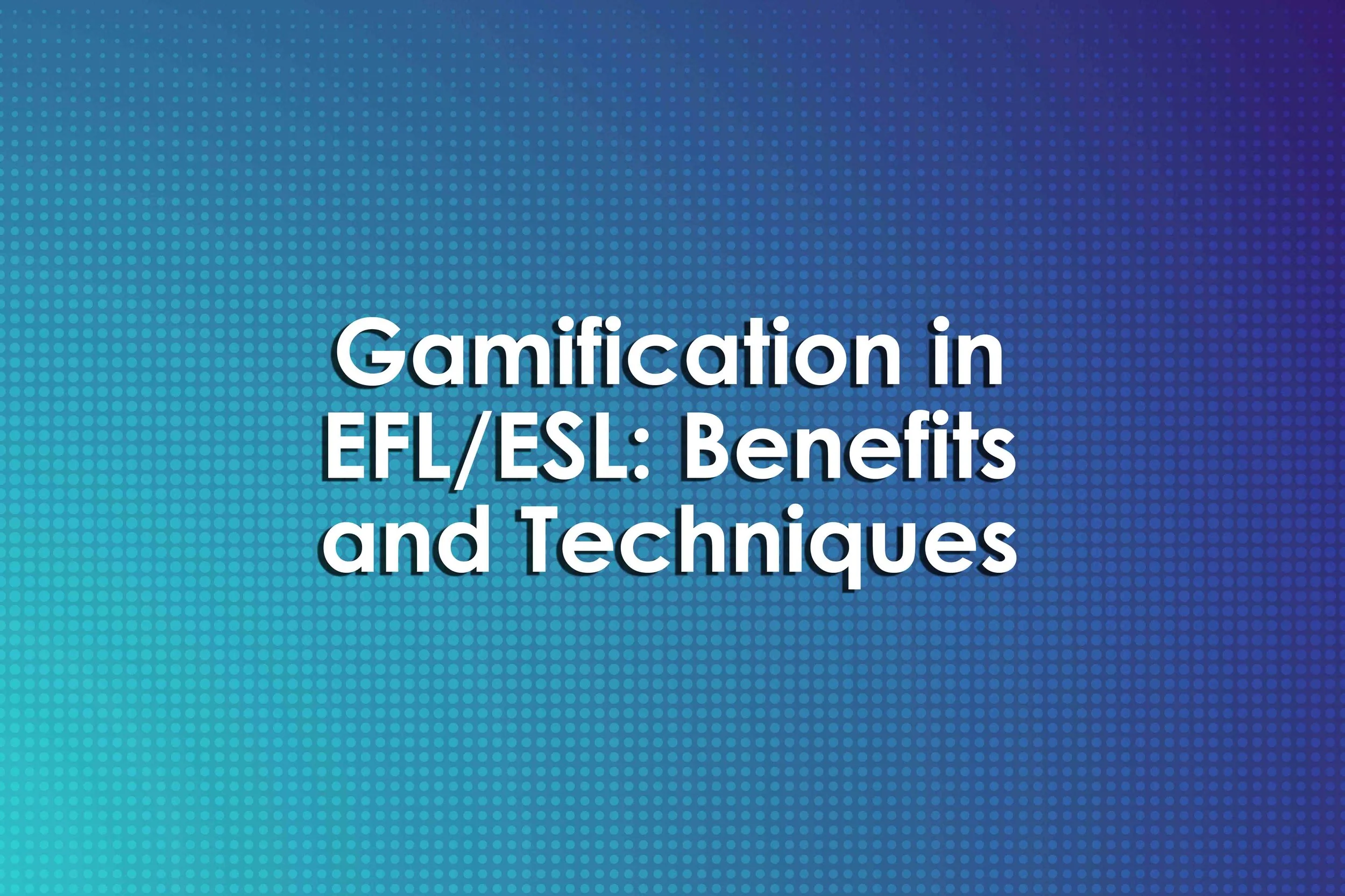Student engagement is key to academic success, and integrating AI with traditional methods like gamification and storytelling can enhance it. Gamification fosters personalized learning through feedback, collaboration, and competition, while storytelling makes learning immersive and memorable.
Read MoreGamification, the integration of game mechanics like points and leaderboards into non-game contexts, is gaining traction in the financial services industry.
Read MoreGamification applies game mechanics to non-game contexts to boost engagement and motivation, especially in corporate learning and development (L&D). It enhances employee training by improving information retention, reducing turnover, and increasing knowledge application.
Read MoreA study by researchers from the University of Zaragoza explores the challenges and benefits of hosting cultural events in the metaverse, emphasizing the role of gamification in enhancing user engagement.
Read MoreGame-based learning (or gamification) has become integral to education, enhancing memory retention and performance. However, its potential in workplace learning and development (L&D) remains largely untapped.
Read MoreAssociate Professor Mattia Thibault, based at Tampere University, specializes in semiotics, gamification, and translation within the creative industries. His research focuses on intersemiotic translation practices, exploring how real objects translate into virtual realities and vice versa.
Read MoreGamifying cybersecurity training can enhance preparedness and resilience against cyber threats. Cybersecurity teams often thrive in hands-on, competitive environments, making activities like capture-the-flag (CTF) competitions ideal for learning.
Read MoreGamification in virtual corporate training is gaining popularity as a method to engage employees and improve business performance. By integrating game elements like points, badges, and leaderboards into training programs, companies enhance engagement, knowledge retention, and real-world skill application.
Read MoreResearch from the Center for Health Incentives and Behavioral Economics (CHIBE) shows that behavioral interventions, like gamification and financial incentives, can significantly boost physical activity. A study with 1,000 participants used a Fitbit to track steps and tested four interventions: a control group, gamification, financial incentives, and a combination of both. After 12 months, participants in the combined gamification and incentives group increased their steps by nearly 2,300 daily, a 40% rise from their baseline.
Read MoreMajor brands are increasingly using gamification to engage users through interactive ads. Disney, Amazon, and Discord are among the companies incorporating games into their advertising. Disney launched "Quiz Show" and "Beat the Clock" advergames, where users interact with brand content through trivia or rapid-fire games.
Read MoreThe Cove, the Army's professional military education (PME) platform, has launched its biggest upgrade, Cove 4.0. This new version, which debuted this month, incorporates gamification, challenges, leaderboards, and other user enhancements to boost engagement in PME.
Read MoreGamification, the use of game elements in non-game contexts, is increasingly popular in business to boost engagement and sales. Examples like Temu's spinning wheel and McDonald's Monopoly game illustrate its success in attracting customers.
Read MoreA study conducted with 1,653 Progressive insurance customers tested strategies to reduce distracted driving, particularly phone use. Participants averaged over 6 minutes of handheld phone use per hour before the study.
Read MoreA study from the Perelman School of Medicine at the University of Pennsylvania found that gamifying the reduction of handheld phone use while driving led to a 28% decrease in phone usage, with effects lasting up to 65 days post-intervention.
Read MoreJonah Monaghan and Anthony DeVergillo, who met through a Facebook group, co-created Overjoyed, an innovative software that allows gamers with physical disabilities to use a computer mouse as a virtual joystick.
Read MoreLearning a foreign language has evolved beyond traditional classrooms, thanks to gamified and AI-enhanced apps. Duolingo, with over 16 million users, exemplifies how technology makes vocabulary and grammar practice enjoyable.
Read MoreMark Jacobs, a graduate of Clark University, has embraced "gamification" in education while leading the Longview School in New York. He integrated games like Minecraft and Civilization into his curriculum to enhance problem-solving and historical discussions.
Read MoreAI's growing presence in academia sparks debates about academic integrity and potential cheating. In response, universities are updating policies to address ethical responsibilities tied to AI. Students in the UK now sign declarations regarding their AI tool usage in research.
Read MoreThe healthcare industry's fascination with gamification is evolving into genuine game design, leveraging insights from the video game industry to enhance engagement and behavior change.
Read MoreGamification is transforming EFL/ESL education by enhancing student motivation, engagement, and learning outcomes through the integration of game elements like points, badges, and leaderboards.
Read More





